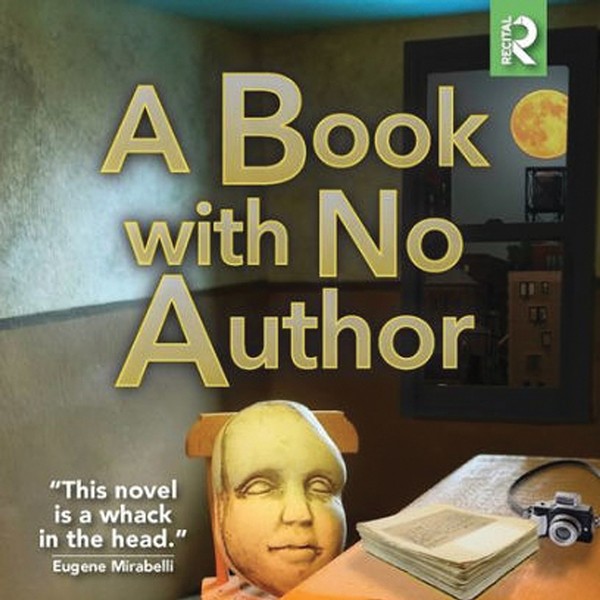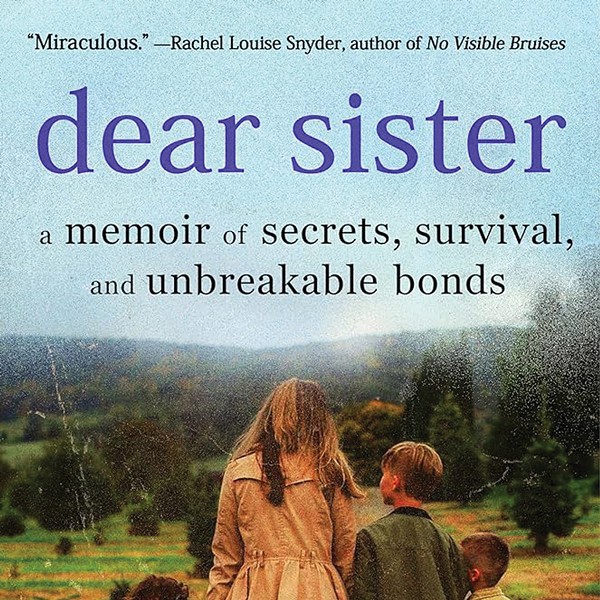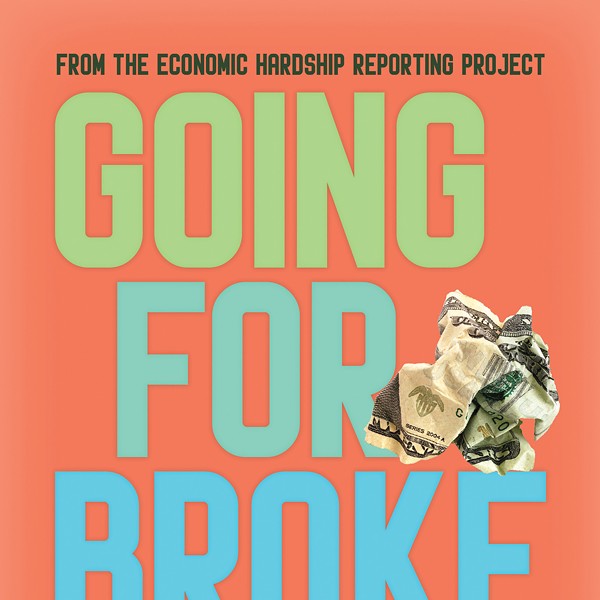At the time, she was hitchhiking to campus from an uninsulated cabin in the woods nicknamed “the spider house.” A friend’s mother gave her $200 to buy a respectable outfit and fly to New York for the interview. Hills hired her on the spot, and Johnson sublet “the worst apartment in Manhattan. Someone broke in, and couldn’t find anything to steal. There was a broken typewriter. That was it. So those were exciting times.”
Her duties at Esquire included wading through slush piles of story submissions and screening forthcoming novels for excerpts. “I think I’ll do this for a summer,” Johnson recalls thinking. She stayed for five years.
She also started writing magazine features, married fellow journalist Rob Fleder, and moved to Westchester County to raise their three children. While her colleagues at Esquire and Life were sent to exotic locales like Mt. Everest, Johnson struggled with crossing one time zone. When she flew to Chicago to interview Oprah Winfrey for Life, their time was cut short and Winfrey generously offered another half hour—two days later. With three kids under 10 and Rob working full-time at Sports Illustrated, Johnson went into frantic schedule-juggling mode.
For the Life story, Johnson interviewed every writer Oprah had featured during the book club’s first year. Some were hard to pin down. Toni Morrison finally returned a call while Johnson was making hamburgers for her kids. Tucking the phone under one ear, she took notes on a grease-splattered pad while she finished cooking. Luckily Morrison sympathized, and told her about having scrawled down a sentence after her young son threw up on the page. (In This Book Is Overdue! Johnson muses about the archival value of this nasty scrap.) But the difficulty of scheduling interviews with famous people sent her career in a new direction.
“Obituaries were the answer. They’re dead—you don’t have to sit around waiting for them,” Johnson laughs. “It was the perfect job to do from home. Give me a dead celebrity any day.”
After penning obits for the likes of Katharine Hepburn, Marlon Brando, Johnny Cash, and Princess Diana, she explored the unexpected nooks and crannies of obituary culture in The Dead Beat: Lost Souls, Lucky Stiffs, and the Perverse Pleasures of Obituaries (HarperCollins, 2006). An infectiously lively read, the book was a Borders Original Voices selection and a Barnes & Noble Discover Prize finalist. And it was while researching The Dead Beat that Johnson found her next subject: some of the most fascinating obituaries were those of librarians.
Once again, she was poised to observe a profession in massive upheaval. “With the obituary book, I was watching both the dying of the newspaper business and the explosion of the Internet,” she explains. In 2006, when she started researching This Book Is Overdue!, libraries were undergoing a similar seismic shift.
“It was changing under my feet,” Johnson says. Her first draft included a passage explaining what Twitter was. By the time she turned in the manuscript, everyone knew. “I had to inoculate myself against feeling obsolete,” she says. “I was terrified that events would overtake [the book]. And it needed to be out there as part of the debate.”
“I remember going to our neighborhood library in Memphis,” says Johnson, who lived there from preschool through sixth grade. “You could take out as many books as you wanted at once. I remember the smells. I adored it. I read obsessively—series about animals, biographies of people like Queen Liliuokalani. I would get fierce about it. They were my books.”
In high school, she had a job as a page at the Geauga County Library in Chardon, Ohio. “I can still tell you where the Thurber is in that library,” she asserts. Her pay was 95 cents an hour. After a year, she requested a nickel raise. When it wasn’t forthcoming, she quit. “Pride goeth before a fall—that was the end of my library career,” she sighs, echoing Brando in On the Waterfront. “I could have been a librarian!”
Alongside her enthusiasm for virtual reality librarians and cutting-edge technology, Johnson has a palpable fondness for old-fashioned reading rooms lined with books. “We’ll always need printed books that don’t mutate the way digital books do; we’ll always need places to display books, auditoriums for book talks, circles for story time; we’ll always need brick-and-mortar libraries,” she writes.
















